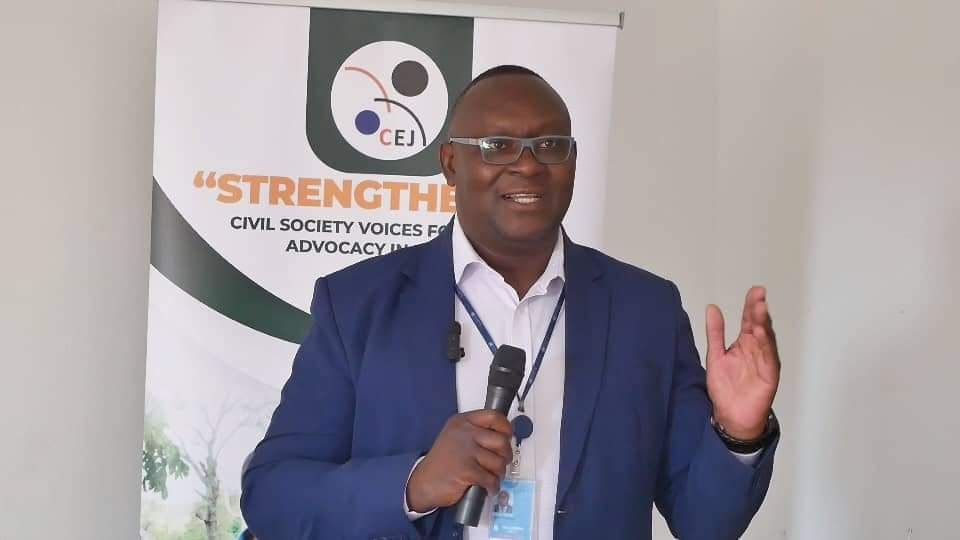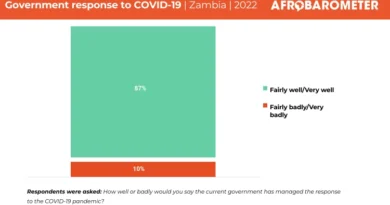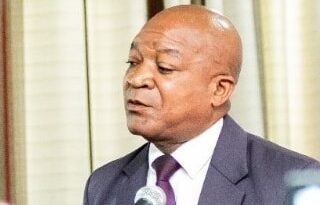UN Emphasizes Urgency of Climate Action, Supports Civil Society Advocacy in Zambia
The United Nations (UN) Resident Coordinator for Zambia, Beatrice Mutali, has underscored the critical importance of addressing climate change, describing it as one of the most urgent challenges of our time.
Speaking at the launch of the Strengthening Civil Society Voices of Climate Advocacy in Zambia project, Ms. Mutali, represented by Paul Chitengi, Development Coordination Officer for Partnerships and Development Finance at the UN Resident Coordinator’s Office, expressed her satisfaction with the establishment of a Technical Working Group (TWG).
Supported by the United Nations Democracy Fund (UNDEF) and implemented by the Centre for Environment Justice (CEJ), the initiative aims to enhance Zambia’s resilience to climate change by empowering Civil Society Organizations (CSOs) to advocate for climate action and environmental sustainability.
Ms. Mutali highlighted the importance of a collaborative approach, bringing together diverse stakeholders to strengthen the capacity of CSOs.
“Strengthening the capacity of civil society organizations is instrumental in establishing a solid foundation for effective climate change adaptation and mitigation strategies in Zambia,” Ms. Mutali emphasized.
Meanwhile, Ministry of Green Economy and Environment Permanent Secretary Douty Chibamba reported significant impacts from the 2023/2024 rainy season, with crop failures in over 84 out of 116 districts due to climate change. President Hakainde Hichilema has declared the drought a National Disaster and Emergency.
Dr. Chibamba noted that the drought has adversely affected water supply and hydroelectricity production, leading to substantial load-shedding for both individuals and industries.
These remarks were delivered by Godwin Gondwe, Director of Environment at the Ministry of Green Economy and Environment, on behalf of Dr. Chibamba.
At the same event, CEJ Board Chairperson Vincent Ziba, represented by Board Member Boniface Mumba, described the formation of the TWG as a pivotal moment.
The project aims to enhance the climate advocacy capacity of CSOs through comprehensive training, stakeholder consultations, dialogues, knowledge sharing, and the improvement of advocacy frameworks in National Adaptation Plan (NAP) processes and Nationally Determined Contributions (NDCs) implementation.



